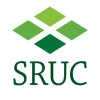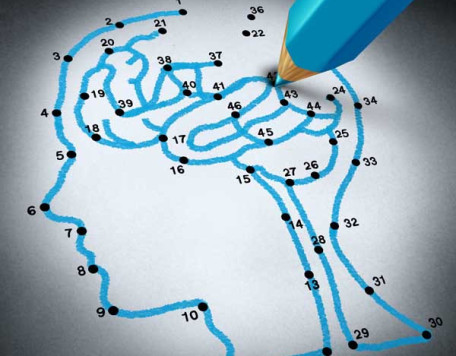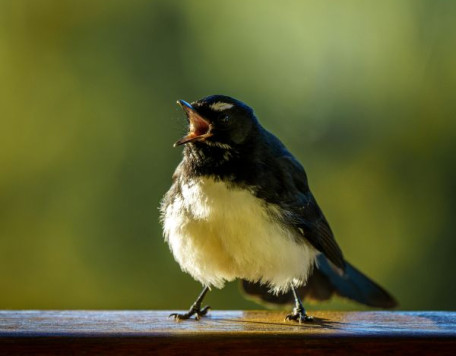© Pint of Science, 2025. All rights reserved.
As the world faces the "wicked problems" of climate change and biodiversity loss, we need all the help we can get! But how can we collect useful information to help address these crises?
Join us to hear about the future of ecology ... from data-mining social media to fighting climate change with soils to testing wearable sensors!
Join us to hear about the future of ecology ... from data-mining social media to fighting climate change with soils to testing wearable sensors!
Peatlands: A Key to Carbon Storage and Climate Action
Bhaskar Mitra
(Climate Scientist, James Hutton Institute)
Peatlands take up just 3% of land but store a huge amount of carbon. When drained or farmed, they release CO2, adding to climate change. Fires, weather shifts, and rising temperatures can turn healthy peatlands from absorbing carbon to releasing it. Protecting and restoring them is key. In the UK, peatlands cover 12% of the land and release as much pollution as millions of cars each year. In Scotland alone, damaged peatlands release nearly 10 million tons of carbon dioxide gas yearly. Fixing them is a big part of the UK’s plan to cut emissions and fight climate change.
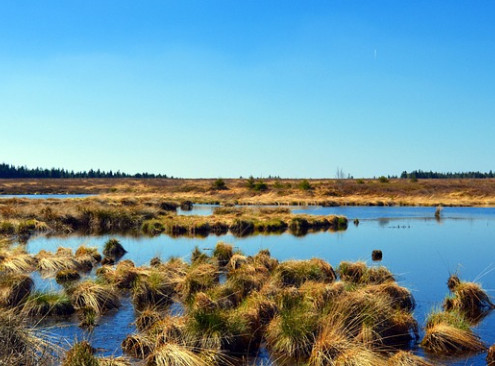
© Image by Marisa04 from Pixabay
Seals, Drones, and Social Media: A Newburgh Beach Study
Claire Stainfield
(PhD Researcher, Scotland's Rural College (SRUC))
Social media and ecological data integration offer a novel approach to monitoring ecotourism impacts. This study analyses geotagged social media to examine nature tourism trends across the Ythan River area, including Newburgh Seal Beach and Forvie Nature Reserve. Using Instagram© posts (2014–2023), hashtag analysis, and GPS activity data, my study aims to examine visitor motivations, awareness, and human-seal interactions. Seasonal trends will assess whether human presence influences seal haul-out locations with the hope findings will support sustainable tourism management, balancing conservation with recreational access in protected coastal environments.
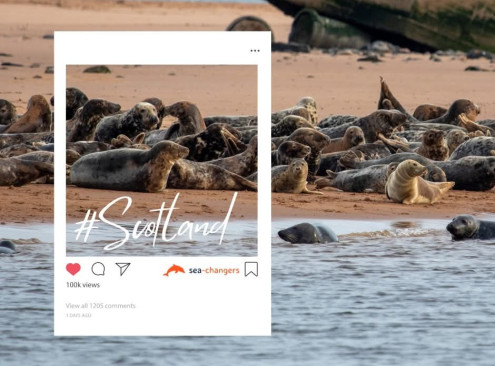
© Image by Claire Stainfield
Invisible journeys: uncovering the secrets of trees, elusive animals, and you, with wearable sensors
Thomas Cornulier
(Senior Statistician, Biomathematics & Statistics Scotland (BioSS))
Tiny sensors, like those crammed in our smartphones, have transformed how we measure the activity of wild animals and plants. Miniature wearable bio-loggers now allow us to follow their every move and environment with incredible detail, even in previously unreachable locations. In this talk, I'll demonstrate how we can monitor the pulse of trees by the hour, track seabird movements across oceans, or the privacy of bats in the dark, second by second. What can this treasure trove of data reveal about these organisms? And what might the sensors we all carry, day in day out, reveal about us?
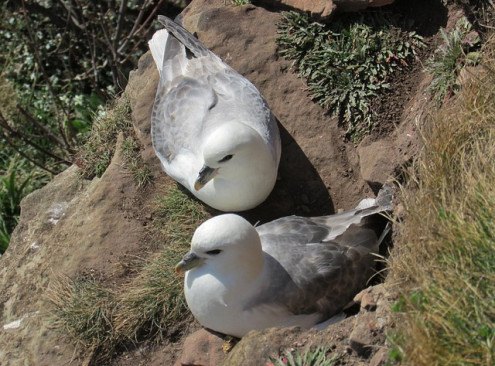
© Image by Bill Kasman from Pixabay
Map data © OpenStreetMap contributors.
Other OGV Podium events
2025-05-20
Mind and Body
OGV Podium
Windmill Brae, Aberdeenshire, AB11 6HU, United Kingdom
2025-05-19
Awesome Acoustics
OGV Podium
Windmill Brae, Aberdeenshire, AB11 6HU, United Kingdom
